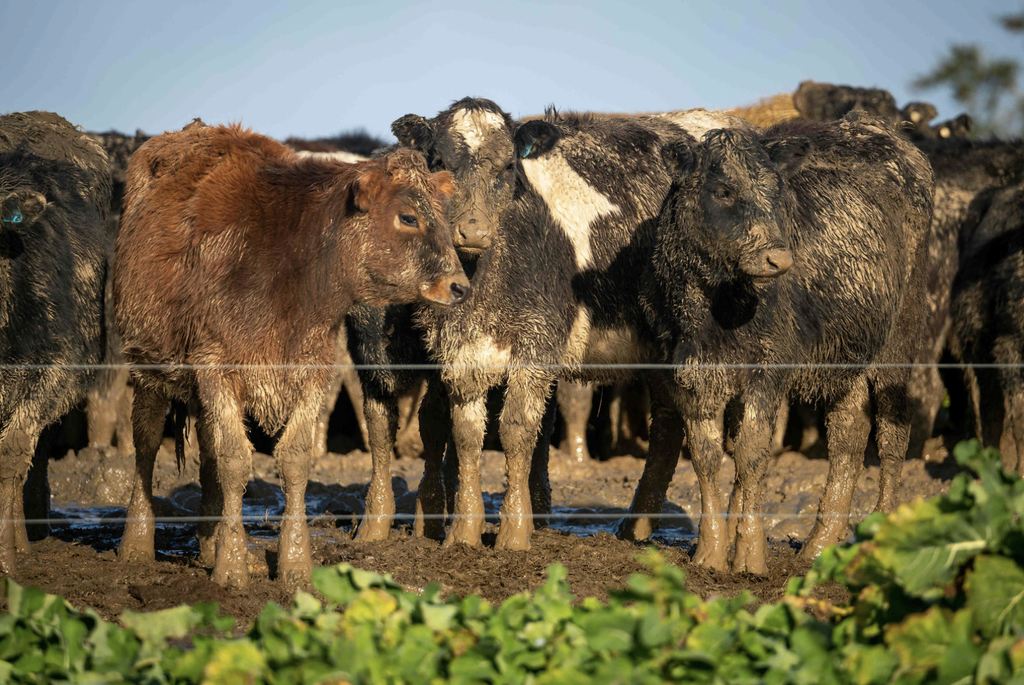Greenpeace says today’s Greenhouse Gas Inventory release from the Ministry for the Environment (MfE) underlines, yet again, the case for halving the bloated dairy herd.
The report shows that since 1990, New Zealand’s gross emissions have increased by 21 per cent, and agriculture is the largest emissions contributor, at 50% of gross emissions.
Greenpeace Aotearoa lead agriculture campaigner Christine Rose says the report comes as no surprise, when we’ve known for years that intensive dairying is driving agricultural emissions.
“This Government has not put in place a single climate regulation to reduce cow numbers. Dairy is our most polluting industry emitting more climate pollution than the entire energy sector. The only credible way to substantially cut agricultural emissions is to halve the dairy herd.” said Rose.
“The failure to act on agriculture makes Ardern’s climate change “nuclear free moment” empty rhetoric. Industrial dairy is New Zealand’s biggest polluter because there are just too many cows and too much synthetic nitrogen fertiliser. The climate and biodiversity crisis requires the Ardern Government to reduce the size of NZ’s grossly bloated huge dairy herd.”
The latest Greenhouse Gas inventory showing dairying is New Zealand’s largest emitter comes off the back of recent revelations that New Zealand officials argued to remove the term “plant-based diet”, from the IPCC summary despite it appearing in the report more than 50 times. It comes at a time when Minister for Climate Change James Shaw recently admitted to be ‘bending over backwards’ to accommodate the agricultural sector’s excuses for climate inaction.
“Climate Minister James Shaw must stop giving special treatment to the industrial dairy sector, and instead put the climate first. The latest IPCC report – and the greenhouse gas inventory, shows urgent action is needed, as agricultural – especially industrial dairy emissions continue to rise,” said Rose
New Zealand is among the world’s worst performing on carbon reduction and one of the highest emitters per capita. The IPCC report released last week highlighted the urgency of acting on agriculture by changing how we grow food.
“A safer climate and cleaner, regenerative organic food system is right around the corner if our political leaders phase out synthetic nitrogen fertiliser and invest in the regenerative organic farming revolution,” said Rose.

Call on the Government to halve the dairy herd to reduce the impacts on freshwater, biodiversity, climate and people’s health.
